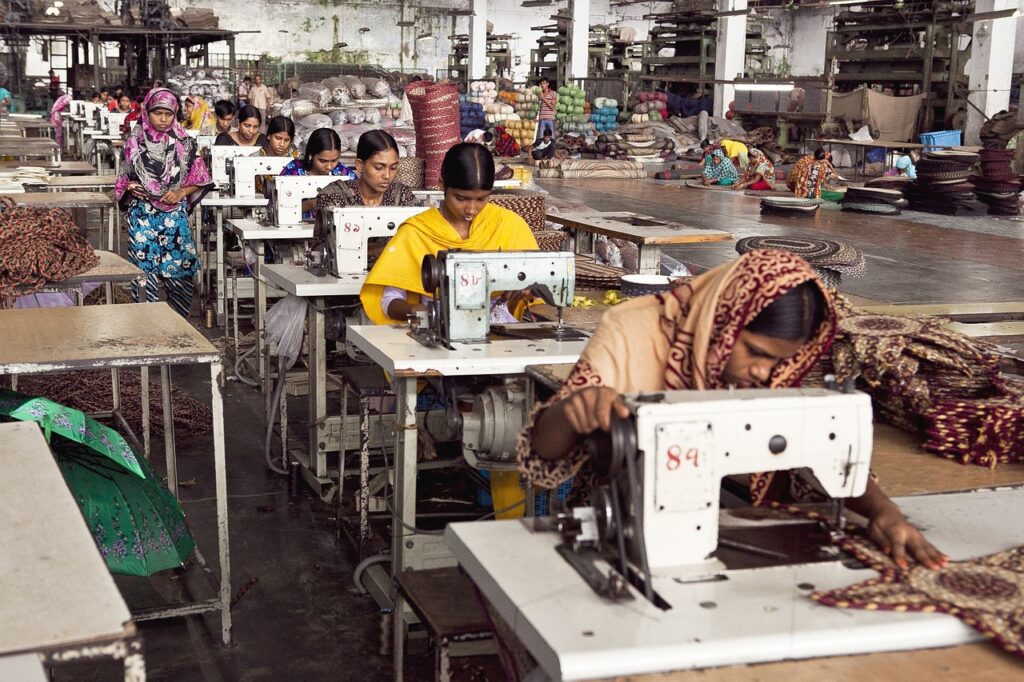The purpose of this paper is to explore the factors that determine non-farm enterprise revenue and to empirically test the association between access to credit, credit source and firm performance among poor entrepreneurs in rural Bangladesh. Design/methodology/approach Using a Bangladesh Institute of Development Studies and World Bank survey from over 1,700 households in rural Bangladesh, a panel data model is used to control for unobserved heterogeneity among households and explore the determinants of non-farm revenue. Findings The findings suggest that village infrastructure and household labor assets have a positive impact on enterprise development. The findings reveal that the use of rural credit as a production input is important in augmenting revenue for the non-farm enterprise, but there are differential effects by credit source. Research limitations/implications Because the study uses data from a quasi-experimental survey design, unobserved effects that can bias the results must be controlled for. Also, as credit program impacts can be location-specific, caution in generalizing the results of this study must be exercised. Practical implications This study provides evidence on the positive effects of microcredit, family assets and family social capital on economic outcomes and microenterprise growth for poor entrepreneurial households. If enterprise growth is important for development, greater understanding of the determinants of microenterprise performance and the role of credit in the success of microfirms is beneficial for policymakers and the institutions that finance small-scale production. Social implications If it is agreed that entrepreneurship is important in promoting development, self-sufficiency and positive economic outcomes (Yunus, 2007), then credit program design should focus on both the credit needs of the poor and the dynamics inherent in enterprise development for this group of entrepreneurs. Originality/value This paper expands the limited literature on the determinants of microenterprise growth and the role of credit in microenterprise development by tracing a positive link between village infrastructure, family demographics and access to credit. The identification of the factors that determine non-farm enterprise revenue is important for policymakers because enterprise growth is perceived as essential for economic development.
Ocasio, Vange Mariet, “Financing Village Enterprises in Rural Bangladesh: What Determines
Non-Farm Revenue Growth?”, International Journal of Development Issues, Vol. 15 No. 1 (2016): pp. 76-94.







